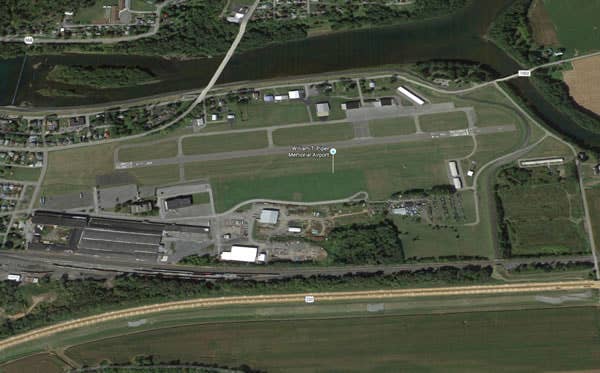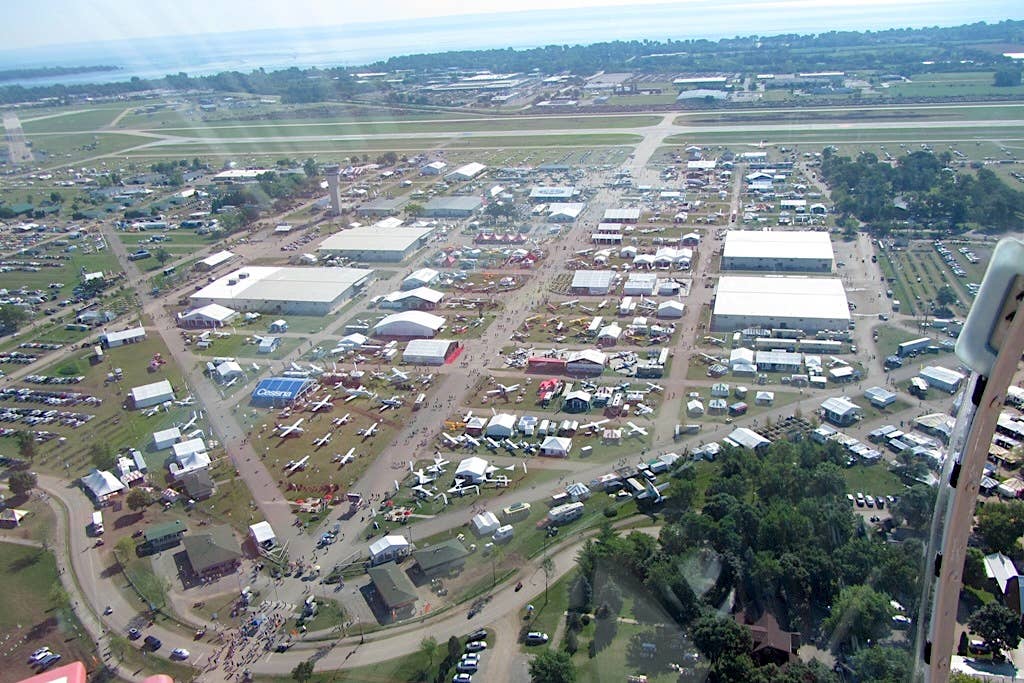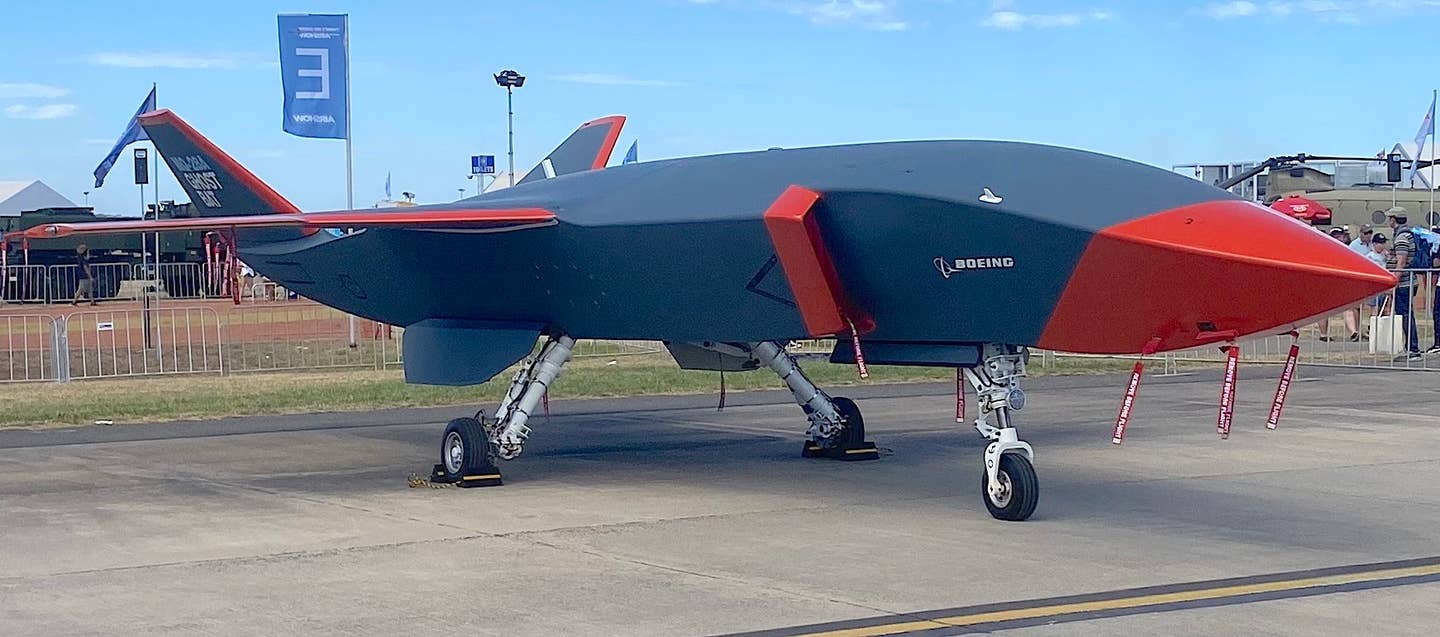Lock Haven Looking At Selling Piper Birthplace
The future of Lock Haven’s William T. Piper Memorial Airport, former home of Piper Aircraft Corporation, is up in the air as the city grapples with selling the facility. Despite…

The future of Lock Haven’s William T. Piper Memorial Airport, former home of Piper Aircraft Corporation, is up in the air as the city grapples with selling the facility.
Despite an economic impact of more than $13 million, the City of Lock Haven says the airport is not making the city enough money to justify continued operation by the city. City Manager Greg Wilson indicated that the finances generated by the airport do not return to the city, but rather remain with businesses on the field or others nearby who profit from transient aircraft.
Wilson said the city does not intend to sell the airport for non-aviation purposes and suggested businesses collaborate to buy the airport and oversee its operations.
However, airport advocates are holding out hope the city will reconsider given the airport’s history and its importance to the community. As the birthplace of the iconic Piper Cub, the aircraft manufacturer called the airport home from 1937-1984. While Piper’s factory production has since moved to Florida, the airport continues to pay tribute to its historic past with a museum dedicated to preserving its legacy located adjacent to the airport.
During a recent meeting on the matter, Ron Dremel, president of the Piper Aviation Museum, which sees 2,500-3,000 annual visitors, said the airport is an important community resource. “This isn’t just a place for some rich playboys to have their expensive toys. Most of us are just middle-class people. I own 50 percent of an airplane that doesn’t cost more than my friends have invested in their Harley Davidsons. We’re just middle-class people that like to fly. Economically, this airport is just a tremendous asset.”
The airport averages 48 operations per day—63 percent being local, 34 percent transient and 1 percent military. As the only public airport in Clinton County, local tenants say the airport is vital for pilot training, a reliever for emergency flights and instrumental in the case of natural disasters. Additionally, the airport is home to nine aviation businesses including maintenance services, aircraft brokerage, avionics sales and flight training.






